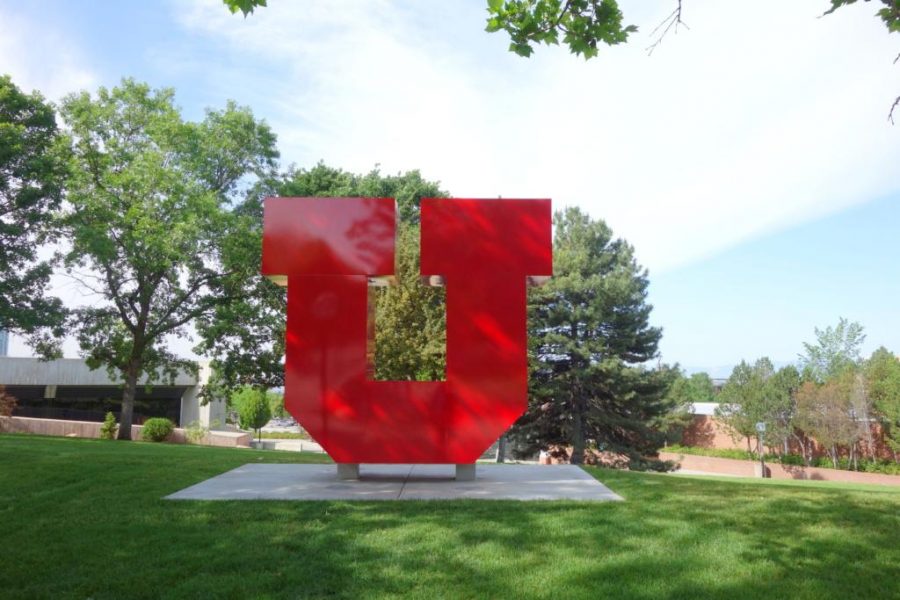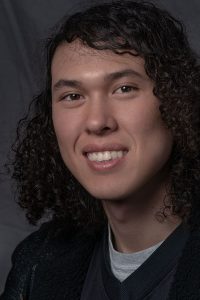If you’re like me, you learned about Ben Shapiro’s Sept. 27 campus speech from all of the flyers on campus in opposition of it. College campuses nationwide have spoken out against far-right speakers such as Shapiro for the past couple of years. It should come as no surprise that a large portion of the student body would be averse to a speaker who is also the founding editor-in-chief of conservative online news outlet The Daily Wire.
As a result, the U has received national attention for simply hosting Shapiro. It’s important for readers to be aware that Shapiro’s visit is not sponsored by the university’s administration, but is in fact being sponsored by the student group Young Americans for Freedom. This means the U has no real grounds to deny YAF their guest speaker’s appearance. However, this has not prevented students from speaking out and demanding that the administration take action against the speech.
On Sept. 12, members of organizations like Chicanx Student Movement of Aztlán, the Black Student Union, and Students for a Democratic Society took to the Park Building to confront President David Pershing and ask that he take actions to cancel the event. Much to their dismay, Pershing reaffirmed that he could not. “The policy of the University is that a fully-registered student group has the right, just like you do, to invite speakers,” Pershing said.
I think it is commendable of the president to stand by the rights of student organizations rather than make exceptions in the face of resistance. Other university presidents, such as Berkeley’s president, have attempted to shut down similar events on their own campuses, and as a result they now face legal issues.
Shapiro held a speech in Berkeley on Sept. 14. In attendance was the U’s campus police force to observe and study how the situation would pan out and how they could prepare for the event on their home campus. While the event didn’t end up a total disaster as when UC Berkeley was scheduled to host far-right commentator and writer Milo Yiannopoulos, arrests were still made, and a scuffle between a Shapiro supporter and a protester occurred. Props to the U’s campus police for going the extra mile to ensure the students’ safety.
On that same day Pershing addressed the issue in further detail in a post to @theU. He made it clear that he is not in support of speech that may alienate some of his students. “We now see expressions of hate nationwide that inflict pain and humiliation on others, including those within our university community,” he wrote. “When hearing or seeing things of this sort, I, like you, am angered. I am outraged. I am appalled.” However, he stood his ground on protecting the rights of his students and their right to arrange speeches, saying that, “As much as I may disagree with what is being said, the constitution does not permit me to regulate what can and cannot be said, even when there is speech I abhor.”
This was the right move. Pershing successfully made it clear that he does not support Shapiro or what he is saying, but will still allow him to take the stage as scheduled. By doing this, Pershing has shown that he cares for his students on both ends of the aisle and will protect their rights as organizers. However, he is not only encouraging student organization, but also activism. Later in the post he writes, “So what can we do in the face of hateful speech? We must exercise our own right to speak. Engage and be heard. Give voice to what you believe in.” Again, right on the money.
To the outraged students in opposition to Shapiro’s speech, I implore you 100 percent to take to the streets this Wednesday and protest. It is your right, and I’m sure many of you feel that it is your duty to go out there and make your voices heard. Don’t resort to violent or juvenile tactics to get this message across. Let’s prove to the nation and to the world that U activists don’t need to throw rocks and break windows to make a difference. Let them have their speech; you can have your own event outside the doors.
Let’s show to the academic and political world that universities can simultaneously hold and protest events without throwing punches. We can make the U an example of how political discourse can be discharged. Exercise your rights as students, organizers and activists proudly, knowing that your administration will have your back.
letters@chronicle.utah.edu



